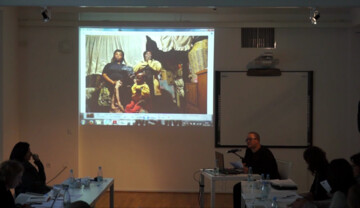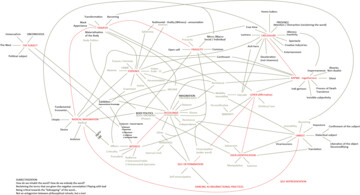Evidence is my chosen word; after all, it’s the most desirable word when one emerges from a traumatic experience such as conflicts of all kinds, any infliction aimed at harming citizens, our lands or our values related to how we understand freedoms and human dignities. The plurality of freedoms and dignities helps me frame the diverse understandings of these words and how we experience them.
Evidence in all respects is the action and/or the tangible piece of a document we have that allows us to believe in either retributive or restorative justice. The notion that evidence heals has been a misnomer in South Africa, Argentina and other countries that experienced dictatorships and wars. Photography has always been the grounded medium for producing evidence-based work related to human atrocities. The idea of the iconic emerged from the idea of what Roland Barthes calls the “punctum”, the image that stings. The way in which our voice on truths has emerged from the iconic brings into question how we regard the notion of disposable people. Those who did not fit into the iconic frame, the nameless, voiceless victims. These narratives cloud and direct our methods of → representation and framing of evidence.
What happens when evidence is “tampered” with, in this contemporary age, and is it ethical to fictionalise truths. To present ephemera in all its forms as evidence of a body, identity and other constructions we opt for as constructions of space and time.



